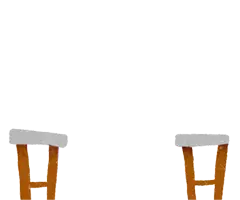Part 3AManagement of infectious diseases
Orders: Urgent public health orders
92ZFMedical officer of health may make urgent public health order
This section applies if a medical officer of health believes on reasonable grounds that—
- an individual poses a public health risk; and
- the medical officer of health cannot adequately manage the public health risk by giving the individual a direction; and
- to address the risk, the medical officer of health needs to take urgent action; and
- it is not practicable to wait for the District Court to determine an application for a public health order.
The medical officer of health may sign and give, or authorise another person to give, the individual an urgent public health order that requires the individual to be detained at specified premises or specified parts of premises, subject to any stated conditions.
If the infectious disease that the individual is believed to have is not a notifiable disease, the urgent public health order must not be given to the individual without the prior approval of the Director-General.
The medical officer of health must write on the order the date and time it is given to the individual.
The medical officer of health must send to the Director-General a copy of the urgent public health order.
Notes
- Section 92ZF: inserted, on , by section 11 of the Health (Protection) Amendment Act 2016 (2016 No 35).


